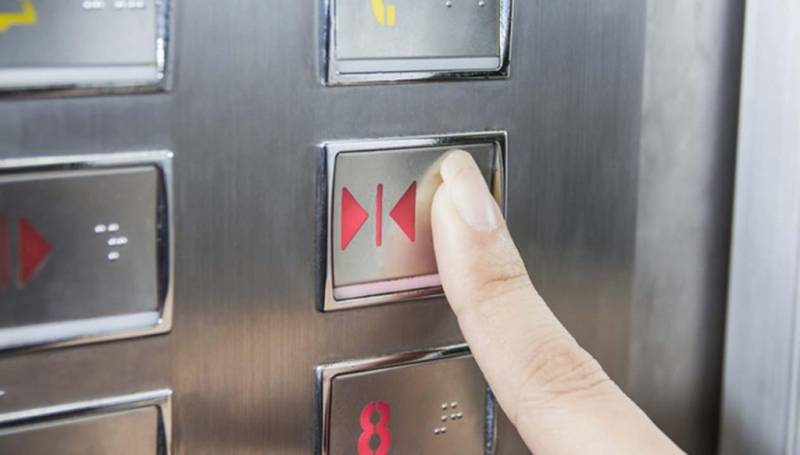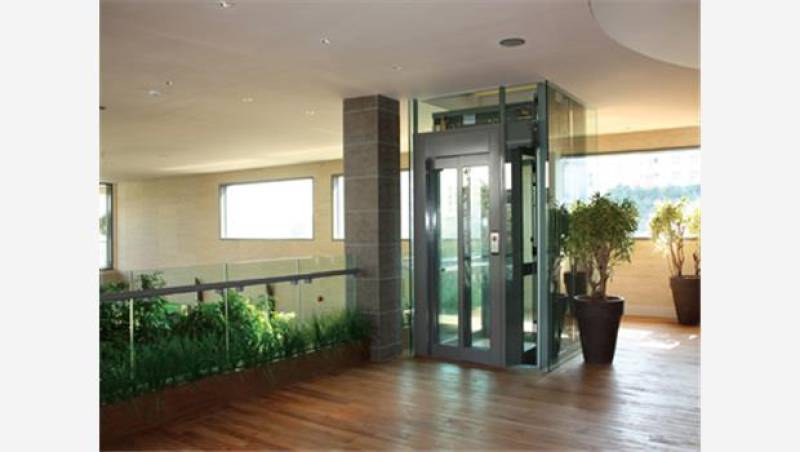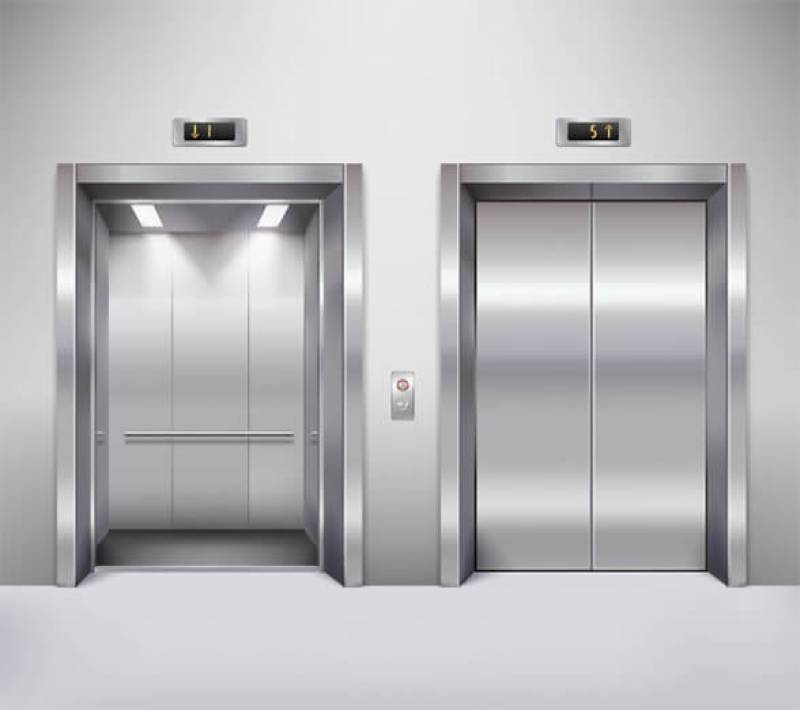
Elevators are an essential part of modern buildings and play a significant role in our daily lives. Ensuring a safe elevator experience is critical for the safety of both users and maintenance personnel. Safety standards and certifications for elevator doors are the rules and criteria established to ensure this safety. In this article, we will discuss the safety standards and certifications applicable to elevator doors.
Importance of Safety Standards
Safety standards define the rules to be followed during the design, manufacture, installation, and maintenance of elevator doors. These standards ensure the safe and smooth operation of elevators. Implementing safety standards increases user safety while also contributing to the longevity of the elevators.
EN 81-20 and EN 81-50 Standards
The most widely used elevator safety standards in Europe are EN 81-20 and EN 81-50. EN 81-20 sets safety rules for passenger and goods elevators, while EN 81-50 covers the design and testing requirements of elevator components. These standards provide detailed rules and testing procedures to ensure the safety of elevator doors.
UL 10B and UL 10C Certifications
In the United States, the widely used safety standards for elevator doors are UL 10B and UL 10C. These standards test the fire resistance of elevator doors. UL 10B evaluates the performance of fire doors, while UL 10C offers newer and advanced testing methods. These certifications ensure that elevator doors operate safely during a fire.
ISO 25745 Energy Efficiency Standard
The ISO 25745 standard, used to increase the energy efficiency of elevators, aims to optimize the energy consumption of elevator doors. This standard promotes the use of energy-efficient door motors and control systems. Energy efficiency reduces both costs and environmental impacts.
Safety Certifications
Other important certifications for elevator doors include CE and TSE certifications. The CE certification indicates that products can be safely sold and used in the European Union. The TSE certification promotes the use of safe and quality products in Turkey. These certifications prove that elevator doors comply with safety and quality standards.
Conclusion
Safety standards and certifications for elevator doors are critical to ensuring user safety and the longevity of elevators. Standards such as EN 81-20, EN 81-50, UL 10B, UL 10C, and ISO 25745 ensure the safe and efficient operation of elevator doors. Certifications like CE and TSE indicate that products meet safety and quality standards. Elevator doors that comply with safety standards and certifications provide a safe and reliable solution for both users and building owners.


